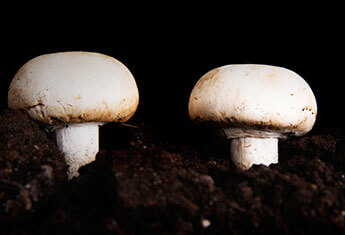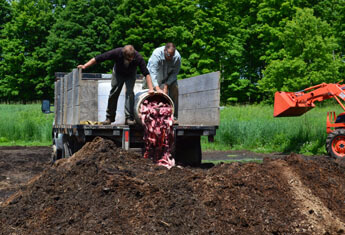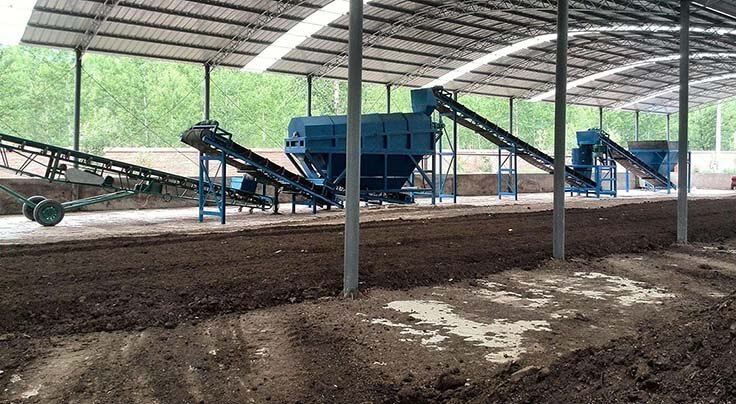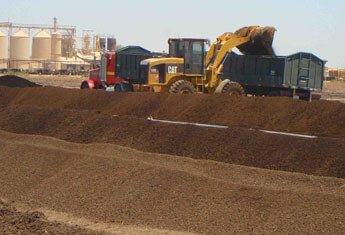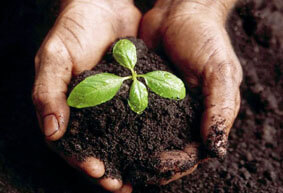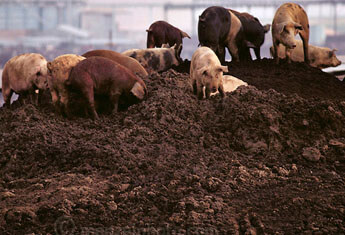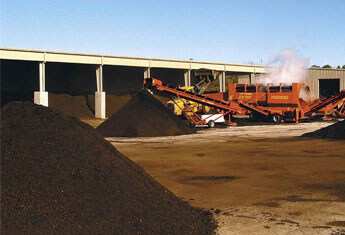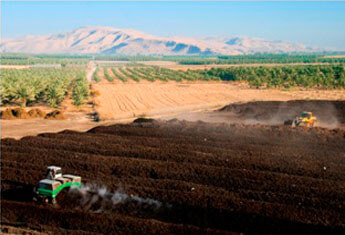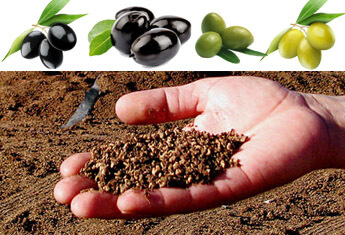Parameters Affecting the Composting Process and Generated Compost Quality
For the sake of generating high-quality compost, it’s necessary and important to learn about the influencing factors of composting process and quality, especially in large-scale composting sites. The main parameters that affect the composting process and quality include C/N ratio, moisture content, Oxygen supply and aeration interaction, compost pile temperature, PH value, and Size of composting raw material.


